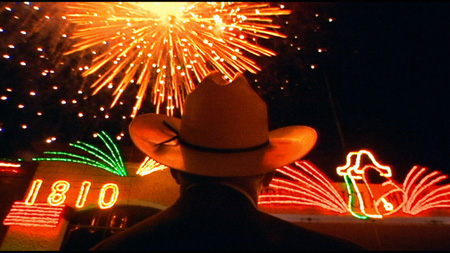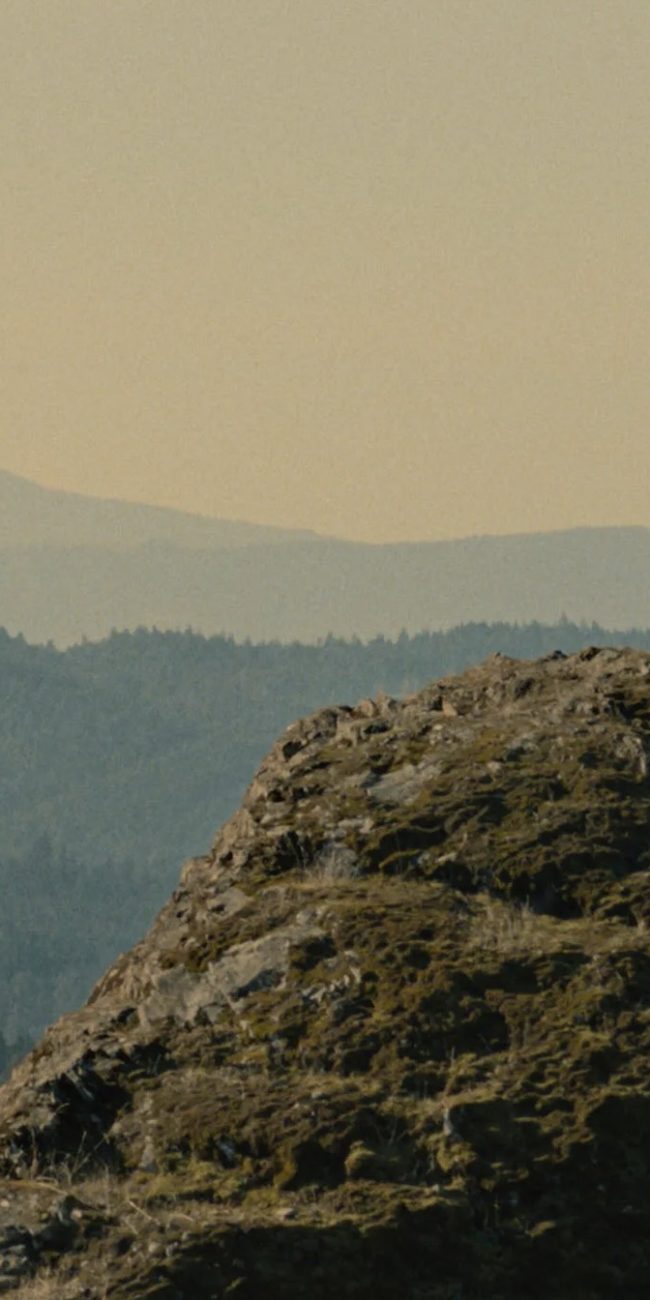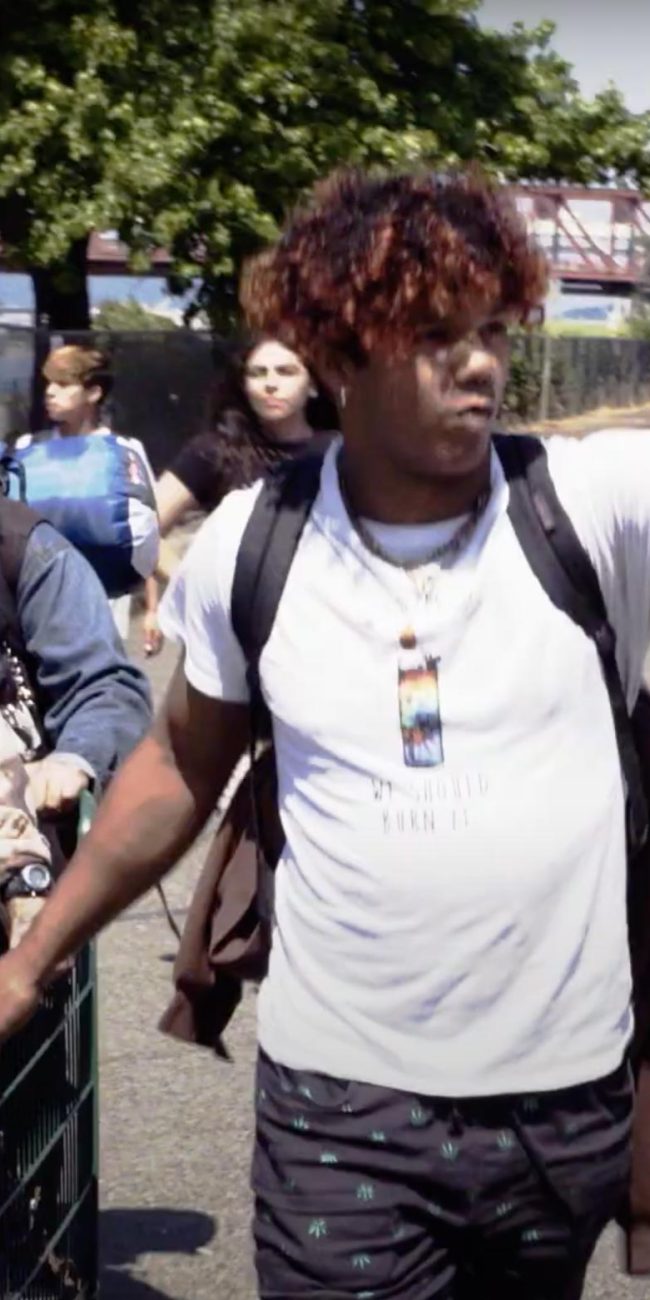
(Western world premiered in the US Documentary Competition of the 2015 Sundance Film Festival. Visit the Ross Brothers’ official website to learn more. It’s also showing as part of the New Directors/New Films series in New York at the Film Society Lincoln Center. **Full disclosure: I’m mentioned in the press notes by producer Michael Gottwald as being the individual who connected the Ross Brothers to the Court 13 collective however many years ago, as I had a hunch a lasting brotherly romance was certain to bloom, but that’s ultimately neither here nor there when it comes to my appreciation of this film. The film is in theaters now in Los Angeles and New York.)
“I lived to tell the tale.”
What does a modern Western look like? Assuming one primary component of the genre is a 19th century setting, does that render the term “modern Western” so oxymoronic as to be impossible? In packing their bags and moving to the border town of Eagle Pass, Texas, the documentarians Bill and Turner Ross aimed to find out. Using the same poetic-vérité, experiential-observational approach that distinguished their previous features 45365 and Tchoupitoulas, the Ross Brothers have not only shown us what a Modern Western looks like; in the process, they’ve produced a bona fide Modern American Epic. Western is cinematic nonfiction of a superior order.
As an opening title card establishes—and I’m paraphrasing here—for generations, the only thing separating the American town of Eagle Pass from the Mexican town of Piedras Negras was the Rio Grande. Citizens came and went; relationships across the invisible border were so friendly as to feel familial. Harmony reigned. But now, a literal wall is being built between the two communities, and neither set of residents is happy about it. While the Ross Brothers embarked on their mission with no agenda other than showing life as it is lived in this pocket of the world, something happened along the way. Though it speaks on many different levels, Western most notably gives respectful, welcome voice to the immigration debate from the inside-out.
 Every Western needs a Lawman, as well as a Cowboy. Here, that Lawman is the beloved mayor of Eagle Pass, Chad Foster, and that Cowboy is cattle broker and devoted father Martín Wall. Only now that we’re in the 21st century, this Lawman spends his time responding to bitter, hateful emails with a grin, and this Cowboy makes peanut butter and jelly sandwiches for his daughter Brylyn before driving her to school. Of course, one more crucial figure is needed to make this Western complete: the Bad Guy. It is here where Western distinguishes itself as a truly modern updating of that traditional archetype, for not only are there two Bad Guys on each side of the border—the out-of-touch politicians up north in Washington, D.C., and the frighteningly dangerous Mexican drug cartels to the south—but the more unsettling development is that these Modern Bad Guys don’t even have to set foot in Eagle Pass to spread wide swaths of fear and influence citizens’ lives.
Every Western needs a Lawman, as well as a Cowboy. Here, that Lawman is the beloved mayor of Eagle Pass, Chad Foster, and that Cowboy is cattle broker and devoted father Martín Wall. Only now that we’re in the 21st century, this Lawman spends his time responding to bitter, hateful emails with a grin, and this Cowboy makes peanut butter and jelly sandwiches for his daughter Brylyn before driving her to school. Of course, one more crucial figure is needed to make this Western complete: the Bad Guy. It is here where Western distinguishes itself as a truly modern updating of that traditional archetype, for not only are there two Bad Guys on each side of the border—the out-of-touch politicians up north in Washington, D.C., and the frighteningly dangerous Mexican drug cartels to the south—but the more unsettling development is that these Modern Bad Guys don’t even have to set foot in Eagle Pass to spread wide swaths of fear and influence citizens’ lives.
Shot over the period of 13 months and edited for a year-and-a-half, Western moves at a brisk, yet natural and fully lived in, pace. It isn’t until the first 30 minutes have passed that a hint of danger begins to creep in. There are brilliant flashes of foreboding throughout, yet they’re so subtle at first that you might wonder if you’re reading into things: grackles hovering on barbed wire fences; a torrential rain storm during a public gathering. But as the danger in Mexico arrives in Piedras Negras and edges ever closer to Eagle Pass, Western morphs into an outright thriller.
Without preaching or resorting to staid documentary tactics and by allowing their films to have genuine space, the Ross Brothers have fashioned their own unique voice, which fuses poetic filmmaking with cinéma vérité (there are several edits in this film that took my breath away). Ultimately, Western will perhaps be most remembered as a document of those individuals living on the literal frontline of the immigration debate in the early 21st century; by focusing on the humanity of those living in this small American town, and by taking a firm artistic stance as documentarians, the Ross Brothers have said more with this 90-minute film than a thick stack of articles ever could.
— Michael Tully











